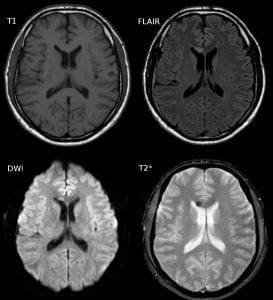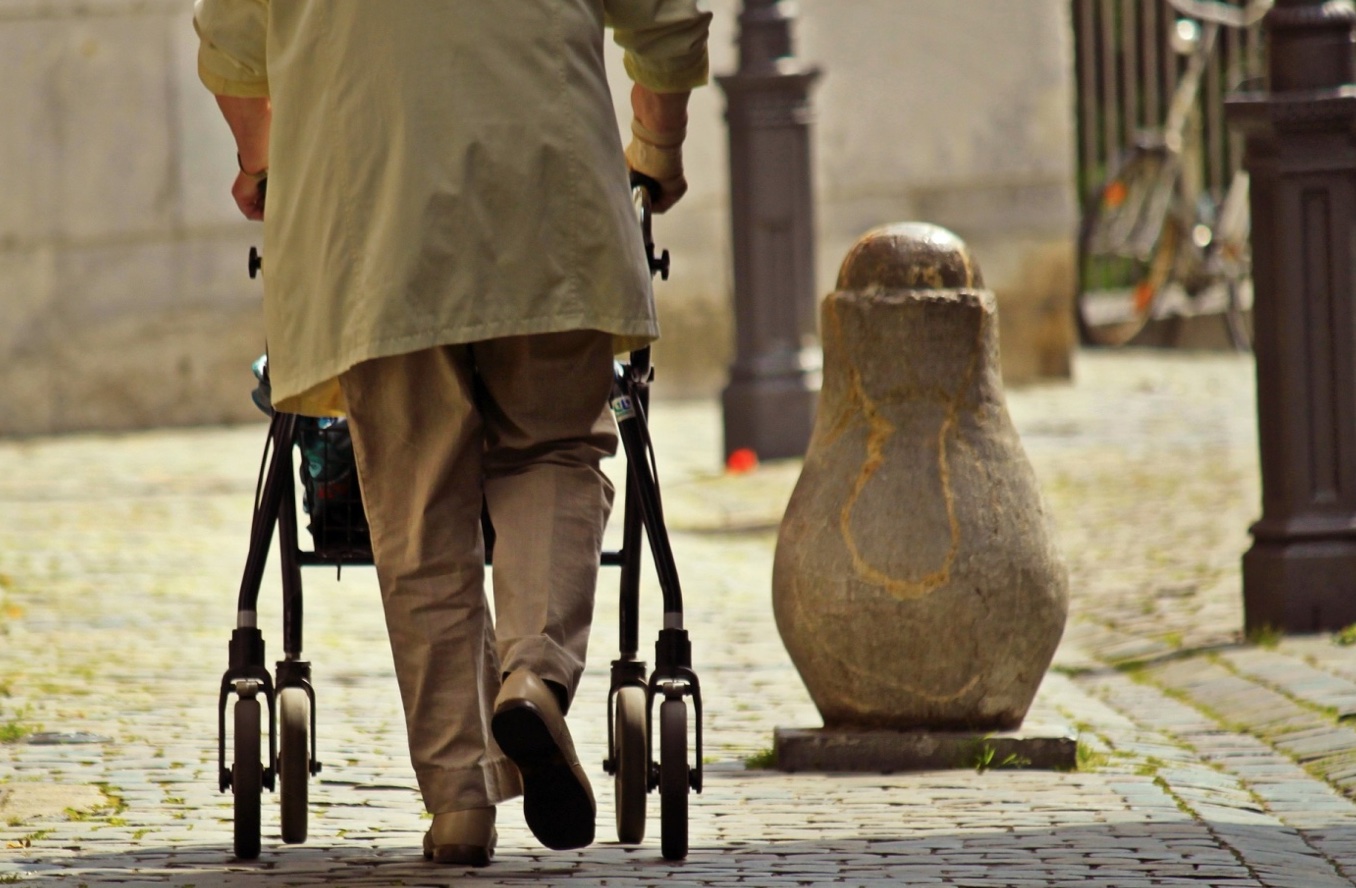Make sure your home environment is safe from trip hazards and that grab bars are installed where needed.
Falling down is dangerous for anyone, but especially for the elderly, who may already have diminished mobility. Falls are the number one cause of injuries in older adults. Frequent falls are a sign of frailty, poor balance, and chronic health problems.
Unfortunately, they can also be a sign of unsafe living conditions, neglect, and abuse. It is a problem many elder neglect lawyers have dealt with in their practices. Many falls can be prevented with proper supervision and safety measures.
1. Falls that Result in Broken Bones
Due to osteoporosis and other bone-density issues, even a minor fall can cause serious injury to an older adult.
Breaking any bone in the body can be a catalyst for other health events, too. One recent study suggests a broken bone increases an elder’s risk of death for up to 10 years after the event.
Any break, whether it’s a hip, arm, ankle, or wrist, affects a person’s balance and safe mobility. One broken bone may lead to another fall and another injury.
2. Falls that Result in Brain Damage
The leading cause of traumatic brain injuries (TBI) in older adults is falling. Even a mild TBI increases the chances of developing Alzheimer’s disease or other types of dementia.

Any brain injury can cause permanent effects such as:
- Confusion
- Coordination problems
- Difficulty remembering
- Difficulty learning new things
- Incoherent speech
Seniors who suffer a TBI from a fall may need 24-hour care as they recover. If the fall was caused by the neglect of a nursing home or private care provider, consult with a nursing home abuse attorney to learn about your legal options.
3. Falls that Result in Hearing Loss
Few people realize that a fall can lead to hearing loss, but it can. The auditory pathway to the brain is vulnerable to damage from concussion. The effect on a person’s hearing could be irreversible, depending on the severity of the fall and where the brain was damaged.
4. Falls that Result in Fear
Fear is a powerful force. Being afraid to leave your home or even walk from room to room inside your own house is emotionally debilitating.
If an elder has taken a bad fall, especially if it resulted in serious injury, they may be afraid to do even simple things alone, like walking into the bathroom or preparing meals. The fear of falling again may also cause an older adult to miss out on important social connections that keep them emotionally and mentally healthy.
5. Falls that Result in Death
There are several ways in which a fall can lead to an older person’s death. The impact of the fall itself might be fatal or the injuries sustained during the fall could intensify existing health problems and lead to a slow decline.
If you have lost a loved one because of a fall caused by neglect, contact an elder neglect attorney. It may be in your best interest to file a wrongful death claim.
Fall Prevention
You can’t control everything, but you can decrease the chances of yourself or your loved one taking a fall.
Begin by participating in an exercise program specifically designed to help seniors improve bone density and balance. Keep up with vision and hearing checkups and wear glasses and hearing aids if they are recommended. You may also need to revise your medications if you’re experiencing dizziness or poor balance as a result of side effects.
Lastly, make sure your home environment is safe from trip hazards and that grab bars are installed where needed. If you live in a nursing facility where safety protocols are not followed, contact a nursing home abuse lawyer for assistance.


Join the conversation!